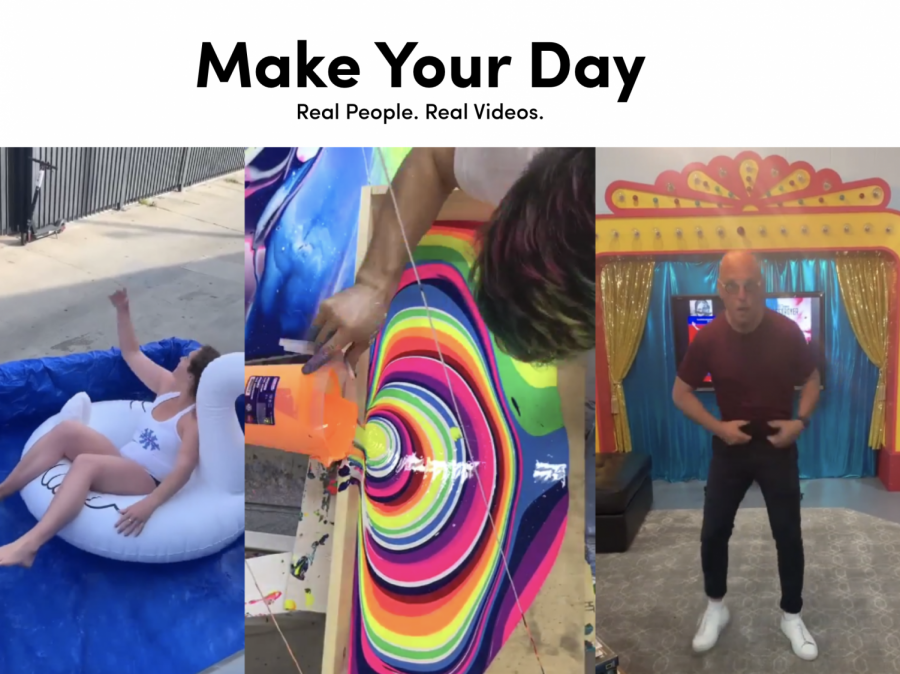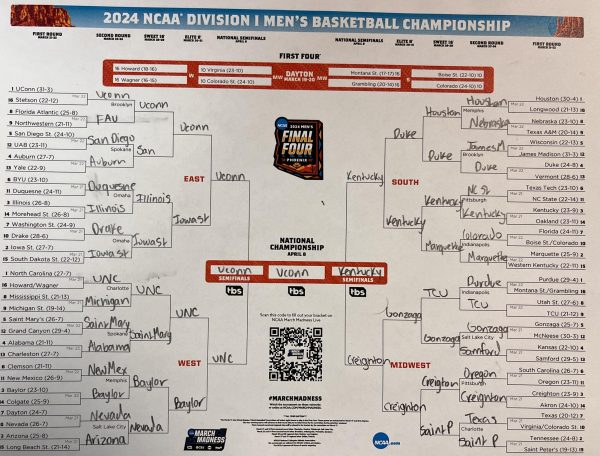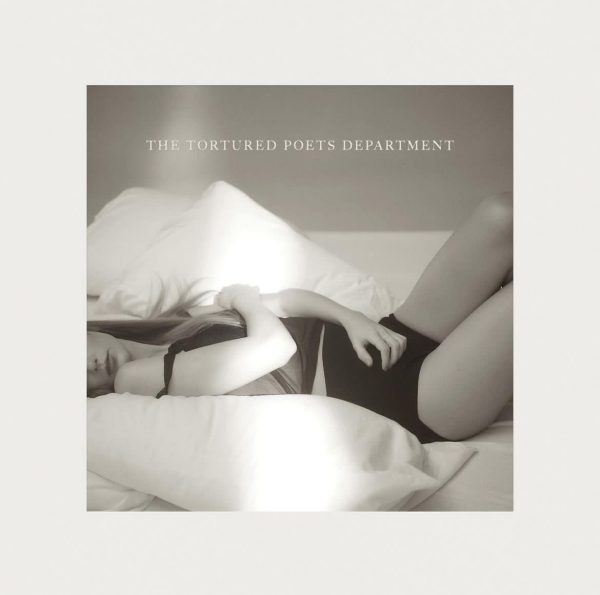The Other Side of Tik Tok
It has been an undeniably rough and boring period of quarantine for a lot of teens. With us being left at home (hopefully, not with friends), things get lonely. As many have done for the past several weeks, the iconic app Tik Tok has been heavily used. Of course an app like this is so popular for teens. It’s funny, entertaining and has a lot to scroll through. The beauty of it is that you practically will never run out of things to watch, which only feeds our addiction.
Over our period of social isolation, I too spent much of my time on Tik Tok. After a while, I began noticing a spike in different content that surely wasn’t there when I first joined the app one year ago. From problems such as girls bashing other girls based off of appearance, promotion of unhealthy weight loss fads, and an overall theme of negativity. But don’t get me wrong, there are still plenty of memes and funny videos that we signed up for.
After seeing so much change in the app, I was a little upset. So many people feel so alone during this time (literally alone), so how is seeing these things going to make them feel about themselves? I believe Tik Tok may contribute to self esteem issues, because it is just social media. What could you expect though? Instagram can be the same way. But Tik Tok is different in a sense because it seems easier to get away with posting hurtful and unhealthy things because there are less adults on the app. It’s also easier to make serious things into a joke. But another question should be, is this changing the beauty standard for young girls in an unrealistic way?
It’s unfortunate that our sacred and favorite app is now being filled with comparison. There are so many young and impressionable people on this app who could quickly think, “Why don’t I look like them?” How is this healthy? It’s completely sad that an app which seemed so harmless is now making so many feel like they aren’t good enough.
It’s a little strange that so many preach to “empower girls,” yet I’m seeing constant comparison and just plain hate. The message it is practically feeding us is, “You will never be good enough,” but it almost seems as if we aren’t ready to address these issues yet, or that we simply don’t want to.








